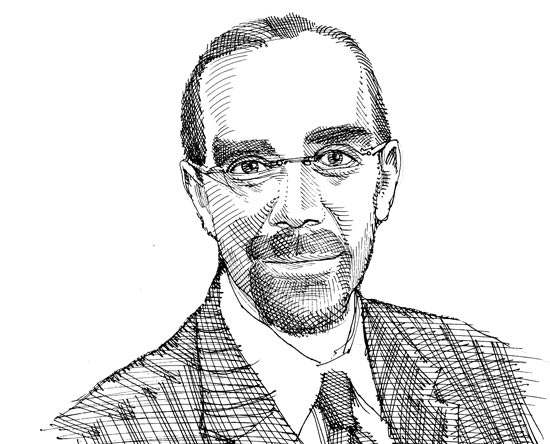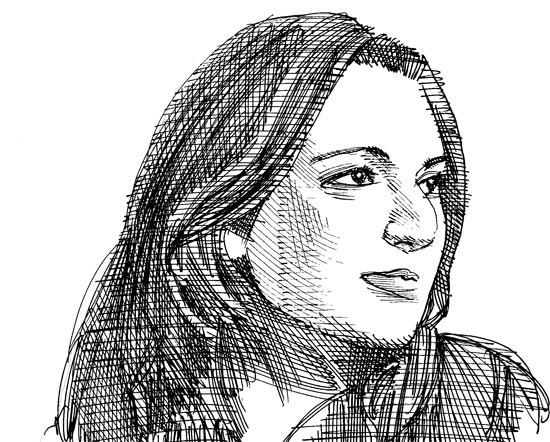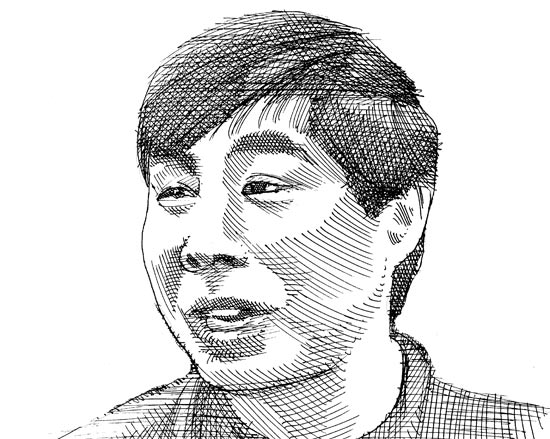Software giant Google Inc. (Nasdaq: GOOG) has renamed Vannevar Technology as Flux Factory Inc., which continues to use technology invented by architect Eli Attia to make planning and construction costs shorter and cheaper, sources inform ''Globes''.
As "Globes" revealed, Google spun off Vannevar and informed Attia that his project was cancelled. The name was changed in part because investors had reservations about having a connection between them and the company in the wake of the "Globes" revelation, and because of Attia's demand, sent to Google's management and founders, Larry Page and Sergey Brin, to desist from using his invention and intellectual property and to compensate him.
Vannevar's website was closed and access to it has been blocked.
On May 7, Google notified the Delaware Division of Corporations that Vannevar's name had been changed to Flux Factory. Google also notified the US Securities and Exchange Commission (SEC) that Flux raised $8 million from private investors in its first financing round to complete development of its technology. US venture capital fund Draper Fisher Jurvetson (DFJ) led the round, with the participation of Google Ventures, Borealis Ventures, Andreessen Horowitz and Ev Williams.

Eric Teller | 
Michelle Kaufmann | 
Nicholas Chim |
Flux Factory's managers are computer engineer Astro (Eric) Teller, the CEO of Google X, and Google X senior hardware engineer Nicholas Chim, activity verifier Michelle Kaufmann, a family friend of Brin, and representatives of the investors. The investors were told that the final product will be presented to the construction industry in 2015.
"$120 billion potential"
Israeli-American architect Eli Attia, who is considered a global expert in skyscrapers and big buildings, and who designed prominent skyscrapers in the US as well as the Shalom Center (Azrieli Towers) in Tel Aviv, has in the past few years been engaged in developing technology for a new method of planning and building, and integration of architecture and engineering.
Attia named the invention EA (engineered architecture). In August 2010, he presented the invention to Larry Page and top Google executives. Page ordered the secret division, Google X, to review it and turn it into software. A 30-person development team was established, and the project was named Genie, for the genie in Aladdin's lamp.
Genie, according to a confidential report to Page and Brin as development progressed, is based on Attia's EA technology and as "a revolutionary technology for the construction of sustainable and environmentally-friendly buildings of a quality never before known." The technology was presented as "something that will change the conservative global construction industry through a fundamental and revolutionary change in how buildings are designed, built, and maintained, saving trillions of dollars."
In the report, the Google X team estimated that Genie could save 30% in prevailing construction costs and shorten the time from the start of planning to market by 30%. The Genie team estimated that the platform had the potential of generating $120 billion a year for Google. The team presented the invention to leading US contractors and architects, and the responses were enthusiastic.
As development progressed, the Google X team tried to cut corners in EA's development structure in order to move forward on the application's commercial use, but Attia objected. Toward completion of the initial development and the building of a prototype EA program, team executives raised the idea of a spin off and continuing development at a separate company controlled by Google. Attia objected to this too.
In early December 2011, Teller and Chim announced that Google had decided to halt Genie's development. At the same time, without Attia's knowledge, Google X spun off the EA project and founded Vannevar, which continued to develop the technology based on his EA. Vannevar's executives were Teller, Chim, and Kaufmann, and most of the Genie development team at Google X switched to work at it.
When the case of the spin off to Vennevar was revealed, Attia told "Globes", "My objective has always been to provide humanity the desperately needed critical improvement in the way buildings are planned, built, and maintained. By stealing and vandalizing my technology, Google is keeping from humanity something it urgently needs, risking that the technology will be lost forever."
Asked why he has not sued Google, Attia replied, "I do not have the means to take legal action against one of the biggest financial powers in the world."
Google: A subset from the team left Google
In response to a question by "Globes" about Flux Factory, Google said, "One of our earliest project teams at Google[x] explored the area of building design to see if there were ways that technology could lead to improvements in things like speed, cost savings, or even encouraging environmentally friendly buildings. Ultimately a subset of this team left Google and set up a separate company dedicated to exploring this area further."
In response to the establishment of Flux Factory, Attia said, "It is not important whether they call this Vannevar or Flux, the fact is that Google stole my invention and my life's work."
Published by Globes [online], Israel business news - www.globes-online.com - on May 21, 2014
© Copyright of Globes Publisher Itonut (1983) Ltd. 2014